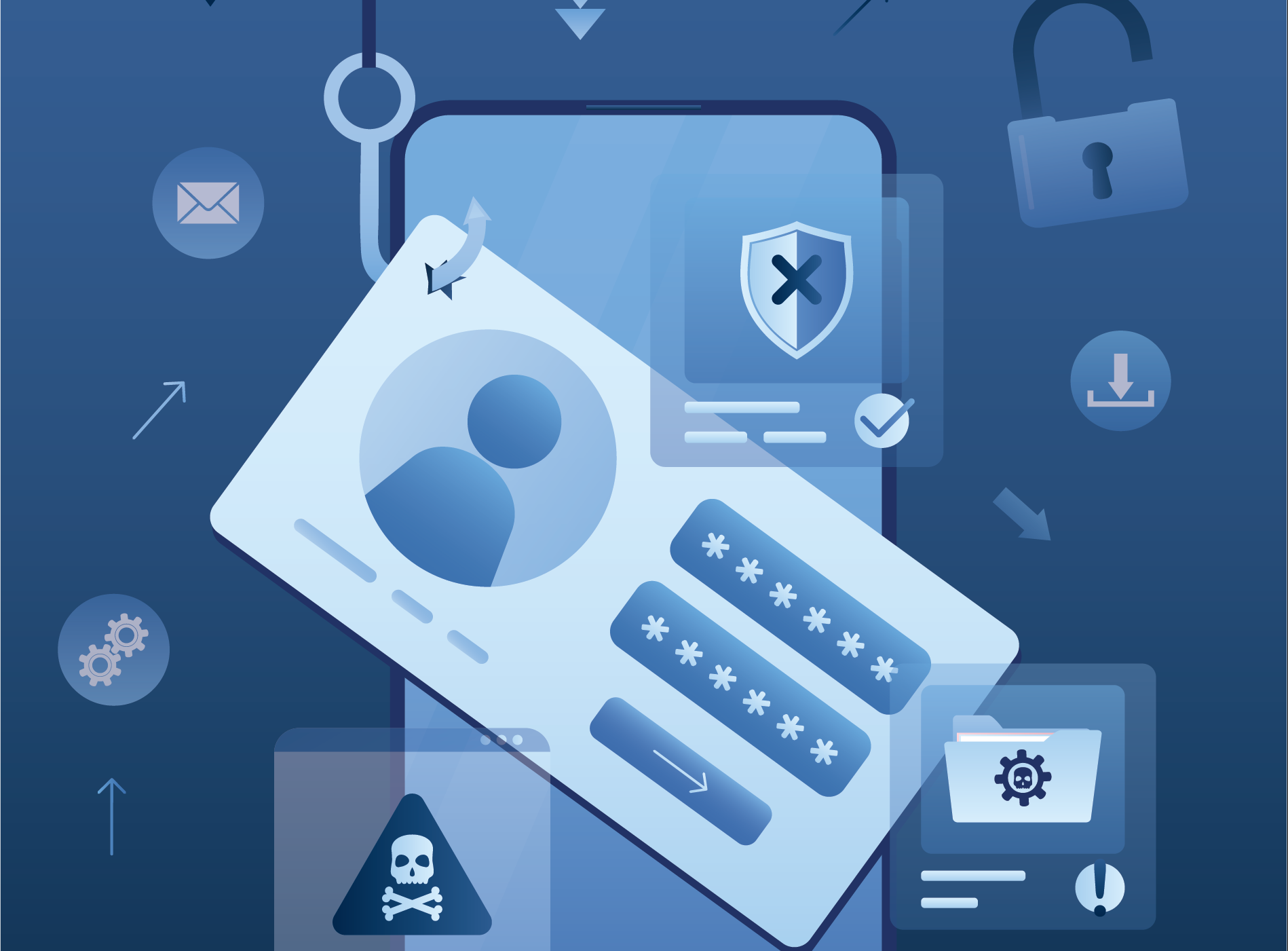Calling customers and impersonating LES to ask them to divulge their bank account information via phone for a refund.
Sending text messages to residents claiming their electric bill is due, threatening to disconnect power and offering discounts on the bill. A malicious link then accompanies the text message.
Calling customers threatening to disconnect power unless an immediate payment is made using Zelle.
Using automated “robo” calls and asking customers to call back to make a payment.
Calling businesses in rounds (daycares in one round, nail salons in another, etc.), using high-pressure tactics to threaten disconnection of service unless a payment is made. This often scares business owners who cannot afford to be shut off from power.
Calling before, during and after high-profile storms in areas that experienced storm-related outages. Scammers look to take advantage of people who have already been without power.
Calling during busy holiday seasons.
Claiming customers owe money for “expired” meters or other equipment that needs to be replaced or repaired.
Spoofing LES’ phone number.


